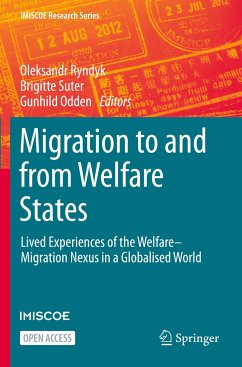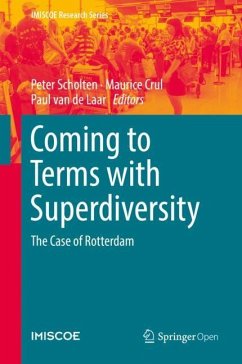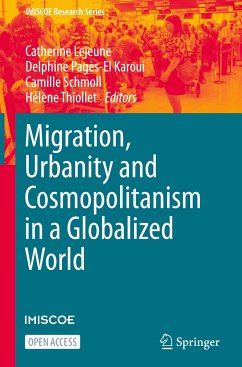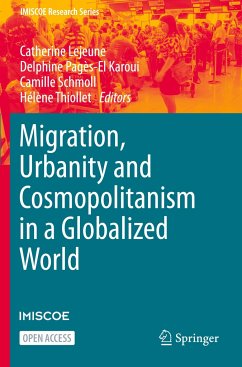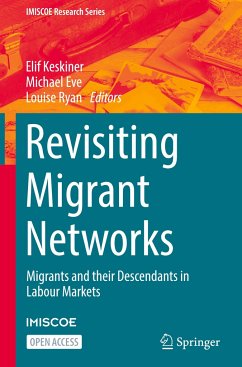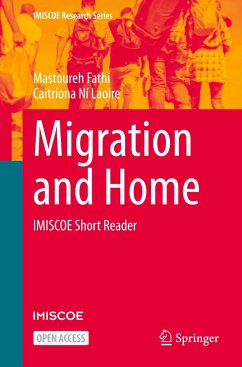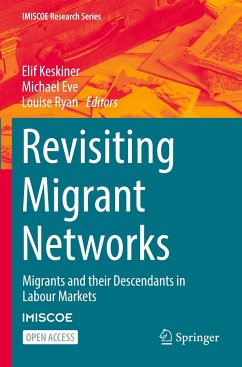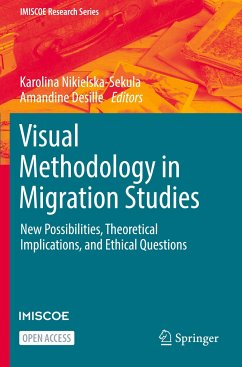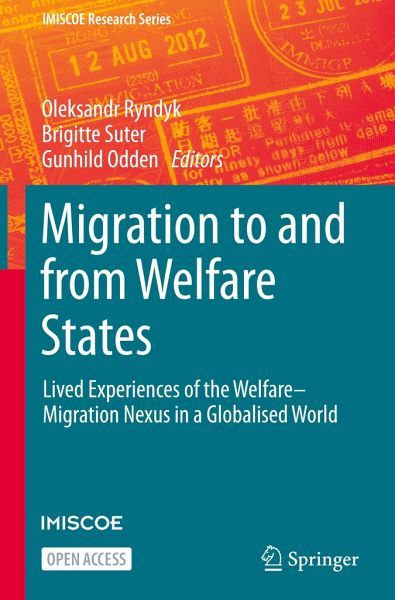
Migration to and from Welfare States
Lived Experiences of the Welfare-Migration Nexus in a Globalised World
Herausgegeben: Ryndyk, Oleksandr; Suter, Brigitte; Odden, Gunhild
Versandkostenfrei!
Versandfertig in 6-10 Tagen
38,99 €
inkl. MwSt.

PAYBACK Punkte
19 °P sammeln!
This open access book explores the role of family, public, market and third sector welfare provision for individual and households' decisions regarding geographical mobility. It challenges the state-centred approach in research on welfare and migration by emphasising migrants' own reflections and experiences. It asks whether and in which ways different welfare concerns are part of migrants' decisions regarding (or aspirations for) mobility. Employing a transnational and a translocal perspective, the book addresses different forms of geographical mobility, such as immigration, emigration, and r...
This open access book explores the role of family, public, market and third sector welfare provision for individual and households' decisions regarding geographical mobility. It challenges the state-centred approach in research on welfare and migration by emphasising migrants' own reflections and experiences. It asks whether and in which ways different welfare concerns are part of migrants' decisions regarding (or aspirations for) mobility. Employing a transnational and a translocal perspective, the book addresses different forms of geographical mobility, such as immigration, emigration, and re-migration, circular and return migration. By bringing in empirical findings from across a variety of Western and non-Western contexts, the book challenges the Eurocentric focus in current debates and contributes to a more nuanced and more integrated global account of the welfare-migration nexus.



